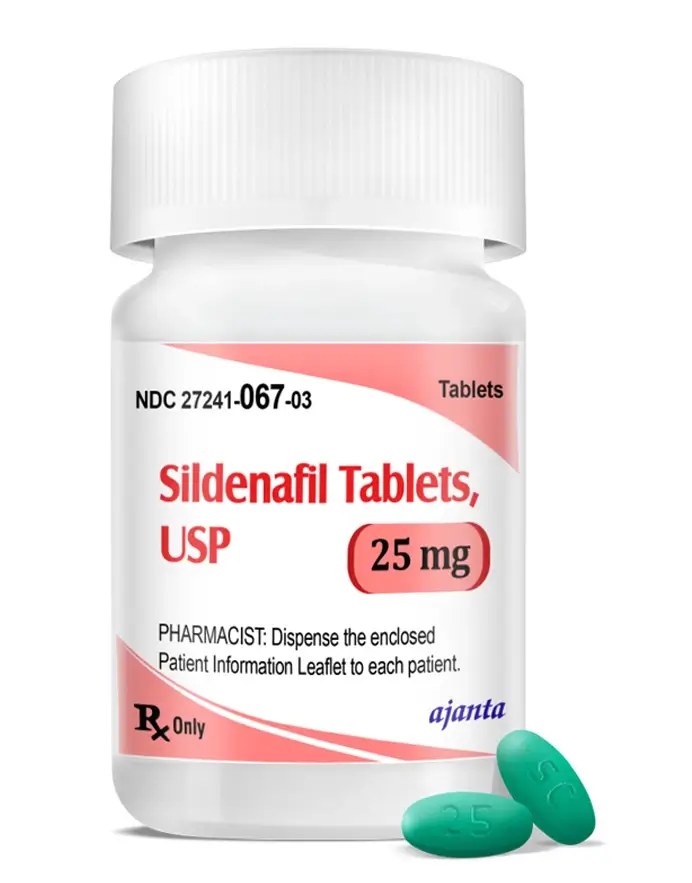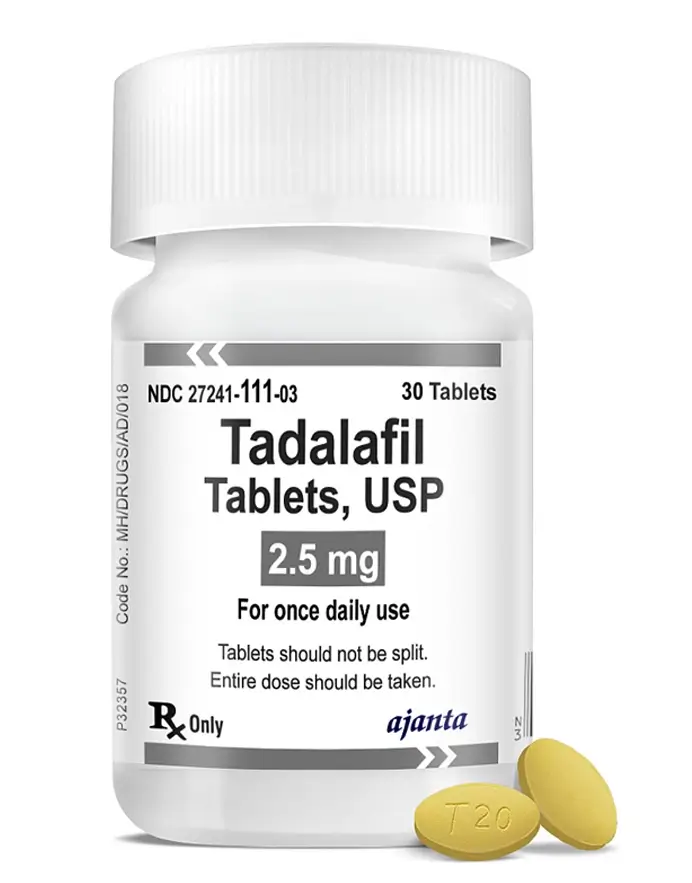Erectile Dysfunction

Expert Advice to Stay Fit and Ready in the Bedroom
It can be hard to have hard conversations with your doctor, but some of your biggest worries about your penis or sex life can be harbingers of larger and more serious health problems.
Take, for instance, erectile dysfunction (ED). If you’re having a hard time achieving or maintaining an erection, you’re no doubt embarrassed by the problem. An anatomy lesson can help you understand why ED can be a serious issues: To become erect, the penis has to have good blood flow; thus a problem with ED could be a sign or larger cardiovascular health issues. Several studies have documented that men who visit the hospital with a cardiac arrest have suffered with ED for three to five years before their heart attack. Diet, lifestyle changes, and exercise can all help reverse ED and heart disease. Reducing alcohol intake and stopping smoking can also improve ED and heart health.
An inability to get hard could also be a sign of low testosterone. Besides making sex difficult, having abnormally low levels of this male sex hormone can also wreck havoc on your bone health, strength and mood. Doctors can easily test for this deficiency with a simple blood test that measures the amount of free testosterone in your blood. Treatments, including topical gels, can be prescribed to restore a hormone balance.
Conversely, some men who take drugs for ED such as Viagra or Levitra suffer from priapism, or a prolonged erection. Any erection that lasts more than four hours deserves immediate medical attention; a doctor needs to start treatment before eight hours or you risk serious damage to your penis. A doctor will have to drain your penis of excess blood to prevent surgery. Most cases of priapism do not happen when you take ED drugs correctly. Instead they are a result of injecting Viagra or other drugs into the penis, or as a side effect from from certain psychiatric medications.
Besides ED, some men are concerned about the look of their penis. When a penis starts to curve or narrow, it can be a sign of Peyronie’s disease. The condition can make sex difficult and painful. The curvature begins after an injury to the penis and causes scar tide to deform the penis. Your doctor can examine you for Peyronie’s and suggest surgery or other steps you can take to straighten and restore your penis.
Finally one of the most common — even more so than ED — penis problems is ejaculatory dysfunction, or premature ejaculation. This is most common in men under 40, and is defined as “finishing” within two minutes of intercourse. Two common treatments your doctor might suggest are antidepressant medications and topical numbing creams. Though embarrassing, premature ejaculation is incredibly common, with more than one-third of all men experience this problem in their lifetime.
If you have any concerns about your sexual health, bring them up during routine visits with your doctor. Regular screenings and general good health practices are your best bet to guarantee your sexual health stays in peak form.
- Erectile Dysfunction Prescription Medication Prescribed Online
- What is the Best Erectile Dysfunction Treatment Medication for Men Age 40 to 60?
- Reduced Sexual Desire
- Fake Viagra Sold to Thousands of Men Looking for Low Cost, Black Market Erectile Dysfunction Treatments
- Levitra Frequently Asked Questions
- Mediterranean Diet: The Best Daily Foods to Eat to Help Erectile Dysfunction


